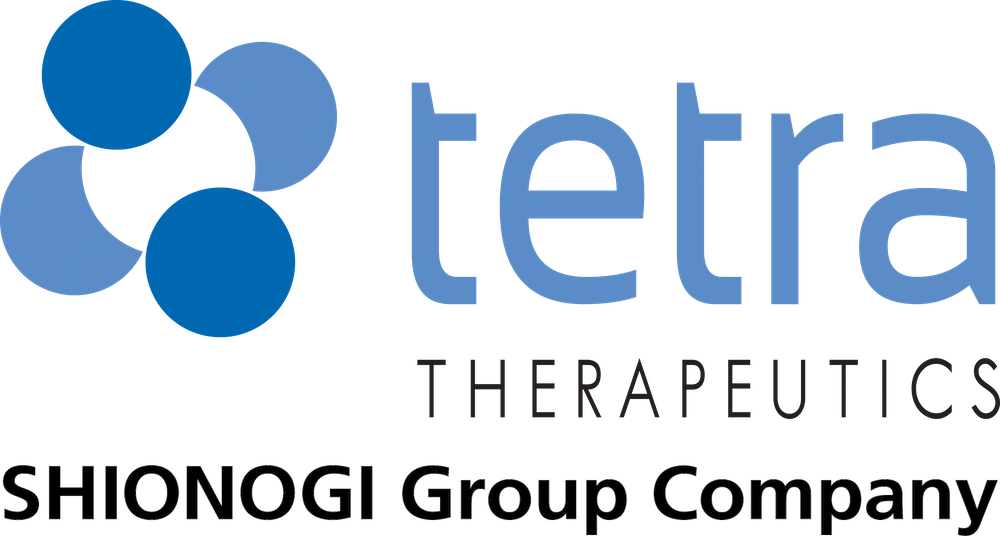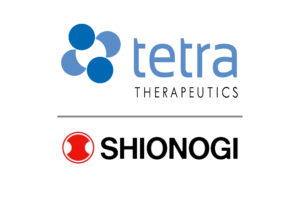Treating rats with an experimental drug at three months following a traumatic brain injury (TBI) improves their learning memory ability, as reported in a new study published online today in the July edition of The Journal of Neuroscience. The drug, a selective phosphodiesterase 4 subtype inhibitor (PDE4B), is currently under development by Tetra Discovery Partners, a privately held biotechnology company and is being tested as a potential therapy for TBI by University of Miami / Miami Project researchers.
The publication, entitled Chronic Cognitive Dysfunction after Traumatic Brain Injury is Improved with a Phosphodiesterase 4B Inhibitor, was authored by Coleen M. Atkins, Ph.D., Associate Professor, Department of Neurological Surgery, University of Miami, along with W. Dalton Dietrich, Ph.D., Scientific Director, The Miami Project and Kinetic Concepts Distinguished Chair in Neurosurgery, Senior Associate Dean for Discovery Science and Professor, Neurological Surgery, Neurology and Cell Biology and with Mark E. Gurney, Ph.D., CEO of Tetra Discovery Partners. In this study, the researchers reported that treatment with the PDE4B inhibitor reduced chronic cognitive deficits after traumatic brain injury and rescued deficits in hippocampal long-term potentiation. These results suggest that PDE4B inhibition has the potential to improve learning and memory ability and overall functioning for people living with TBI.
Traumatic brain injury (TBI) is caused by an impact to the head. One of the most common complaints after TBI are learning and memory difficulties. Nearly 8 out of 10 TBI survivors from brain injury must cope with learning problems in the months to years after brain trauma. However, there are presently no effective treatments to improve TBI-induced learning and memory impairments. The most successful treatments have been Ritalin and Aricept, but neither are well proven to improve learning after brain trauma.
In the reported study, the scientists looked at the brain after trauma to identify what changes in the brain occurred as a result. They found that brain trauma inhibits a protein in neurons that is critical for memory formation, CREB.
During normal learning and memory, the number of synaptic connections between neurons increases and these connections also become stronger. These increases in synaptic activity during learning are due to a molecule called cAMP. Elevated cAMP then leads to the activation of CREB and memory formation. In this study, researchers found that TBI impairs activation of CREB. The team hypothesized that a subtype-selective PDE4B inhibitor that raises cAMP levels and CREB activation could reverse the learning deficits induced by TBI.
To test this hypothesis, the researchers induced TBI in rats and left them untreated for three months. At three months after their brain trauma, the researchers treated the animals with a PDE4B inhibitor and then tested their behavior on learning and memory tasks. The study revealed that treatment with the PDE4B inhibitor significantly reversed the TBI-induced deficits in the memory.
“Treating TBI survivors during the months to years after brain trauma is a very promising area of research and several clinical trials are already tackling this problem, by using drugs repurposed from other neurological disorders such as Alzheimer’s disease,” said Dr. Dietrich. “This selective PDE4B inhibitor from Tetra Discovery Partners has great promise, restoring the learning and memory performance of TBI animals to nearly non- injured levels. This project represents an excellent example of a collaboration between academic researchers studying animal models of brain injury and a biotech company with expertise in human clinical trials. We expect that this collaboration with Tetra will yield a new clinical trial using this therapeutic strategy in human TBI survivors.”
Previous efforts to target PDE4 as a therapeutic approach to TBI have been hampered by the use of non- selective pan-PDE4 inhibitors, which have been marred by significant side-effects – notably nausea and emesis. In these studies, the PDE4B-selective inhibitor showed positive effects on cognition, without emesis.
“We are very encouraged by these preclinical studies showing the potential of selective inhibition of PDE4B as a strategy for restoring cognitive function during recovery from TBI,” said Mark Gurney, President and Chief Executive Officer of Tetra Discovery Partners. “We look forward to continuing our efforts with the University of Miami Miller School of Medicine’s Miami Project to Cure Paralysis to develop a successful treatment for this important medical need.”
The study was funded by the National Institutes of Health, NIH/NINDS.
Dr. Atkins and Dr. Dietrich are co-inventors on USPTO 8,865,723 patent which claims therapeutic use of PDE4B inhibitors for treating brain injury. Tetra Discovery Partners is the owner of this patent and Dr. Atkins and Dr. Dietrich do not have equity stakes in the company or that patent.


